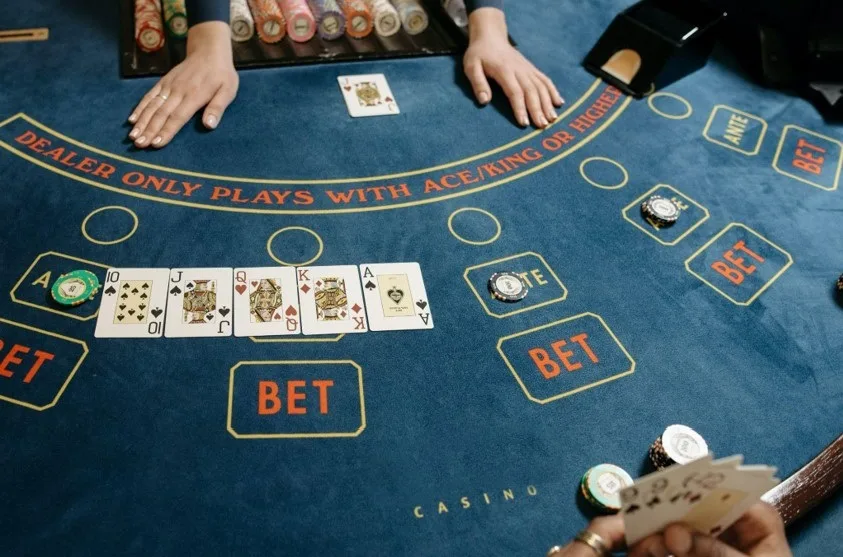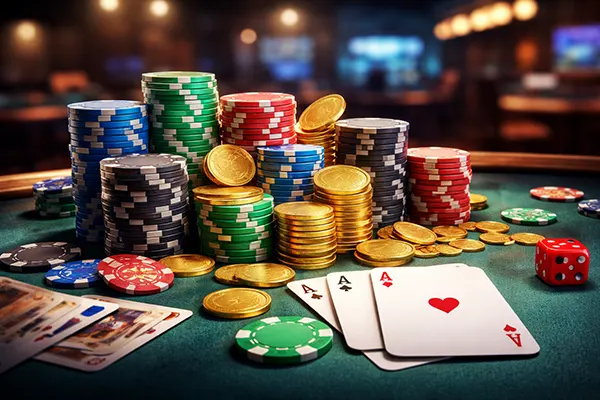
How Emotional Intelligence Influences Success in Poker
Playing poker is as much a mental game as it is a game of skill and strategy. The ability to manage emotions can be the deciding factor between winning and losing. While poker is often seen as a game of mathematics and probability, the emotional aspects cannot be overlooked. Understanding how emotions influence decision-making at the poker table can give players a significant edge.
The Role of Emotional Intelligence in Poker
Emotional intelligence is the ability to recognize and manage one’s own emotions, as well as the emotions of others. In poker, this skill is crucial for several reasons. First, it allows players to maintain control over their reactions during the game. Second, it enables them to read their opponents’ emotional states, which can provide insight into their strategies and potential weaknesses.
Players with high emotional intelligence are often better at keeping their cool under pressure, avoiding the common pitfalls of ’tilting’ – a state of emotional frustration that can lead to reckless decisions. Conversely, those who struggle to manage their emotions may find themselves making poor choices, driven by anger, fear, or overconfidence.
Common Emotional Triggers in Poker
Various emotions can be triggered during a poker game, each of which can impact a player’s performance differently. For instance, excitement after a big win can lead to overconfidence, causing players to take unnecessary risks. On the other hand, fear of losing can result in overly cautious play, which might prevent a player from capitalizing on profitable opportunities.
Anger and frustration are particularly dangerous emotions in poker. Known as ’tilt,’ this state of mind often leads to impulsive decisions and a departure from sound strategy. Recognizing these emotional triggers and learning how to manage them is key to maintaining a balanced approach to the game.
Strategies for Managing Emotions During Poker
Effective emotional management in poker requires both self-awareness and discipline. One of the most effective strategies is to take regular breaks during a session. Stepping away from the table allows players to reset their emotions and return with a clear mind.
Another strategy is to focus on the process rather than the outcome. By concentrating on making the best decisions possible, rather than worrying about winning or losing, players can reduce the emotional swings that come with the game.
Additionally, practicing mindfulness techniques such as deep breathing or meditation before and during the game can help players stay calm and focused, reducing the likelihood of emotional interference.

The Impact of Opponents’ Emotions on the Game
In poker, understanding and exploiting the emotions of opponents can be just as important as managing one’s own. Observing changes in an opponent’s behavior, such as nervousness or frustration, can provide valuable information about their hand and strategy.
For example, a player who suddenly becomes more aggressive might be trying to bluff their way out of a bad hand, or they could be on ’tilt’ after a losing streak. By paying close attention to these emotional cues, skilled players can adjust their strategy accordingly, increasing their chances of success.
However, it is important to use this information judiciously. Misinterpreting an opponent’s emotional state can lead to costly mistakes. Therefore, combining emotional analysis with other strategic considerations is crucial for making informed decisions at the table.
Finally, players can use their own emotions to manipulate opponents. By projecting confidence or indifference, they may be able to induce certain reactions, such as folding a strong hand or making an ill-advised call.
The Long-Term Effects of Emotional Control in Poker
Over time, consistent emotional control can have significant benefits for a poker player’s career. Players who master their emotions tend to experience less volatility in their results, as they are less likely to be swayed by the highs and lows of the game.
Emotional resilience also contributes to a player’s reputation at the table. Opponents are more likely to respect a player who remains calm and composed, which can lead to more favorable dynamics during play. Furthermore, the ability to manage emotions effectively can reduce the mental and emotional fatigue associated with long poker sessions, helping players maintain peak performance over the long term.
In conclusion, while poker is undeniably a game of skill, the emotional aspect plays a pivotal role in a player’s success. By developing emotional intelligence, recognizing and managing emotional triggers, and understanding the emotions of opponents, players can enhance their overall strategy and improve their chances of winning.



